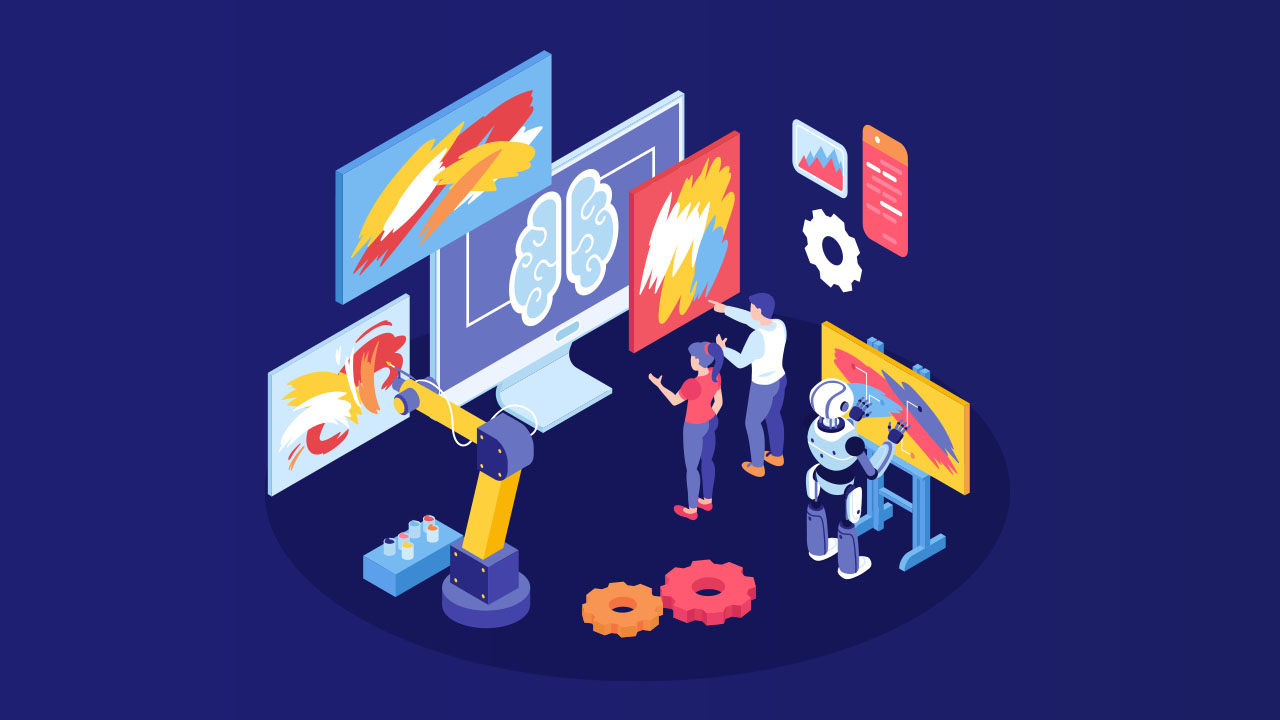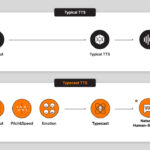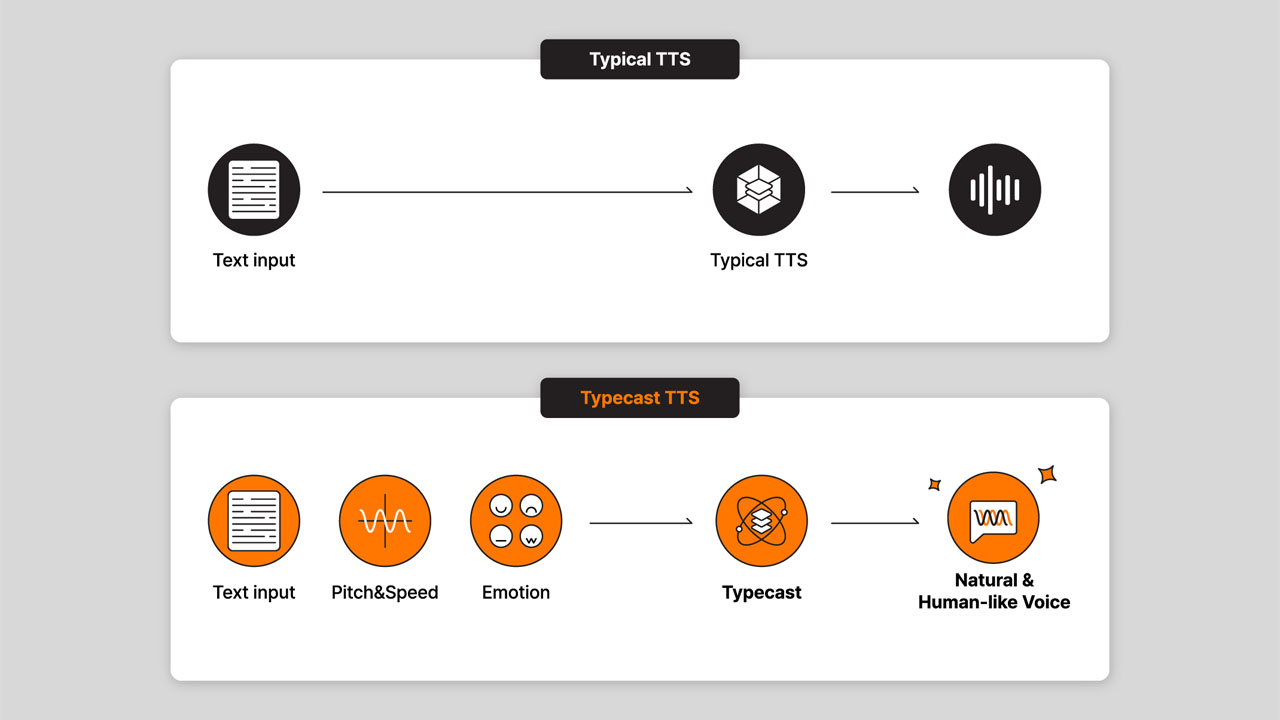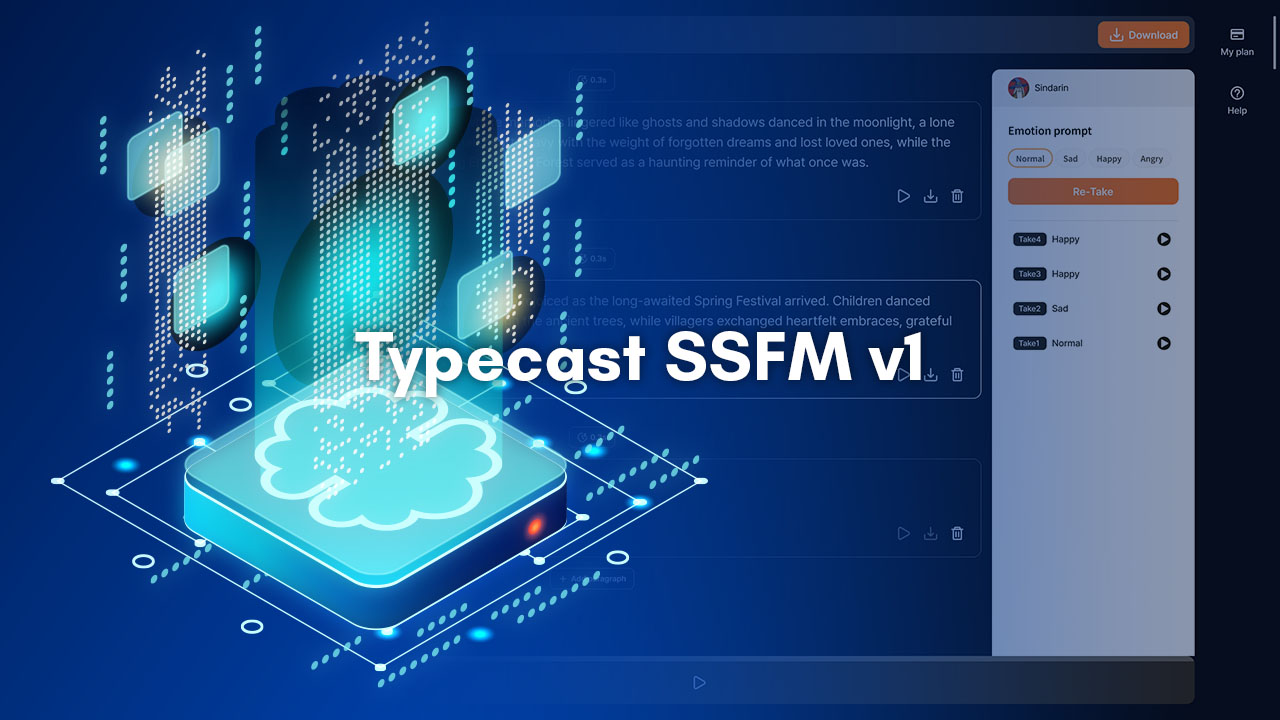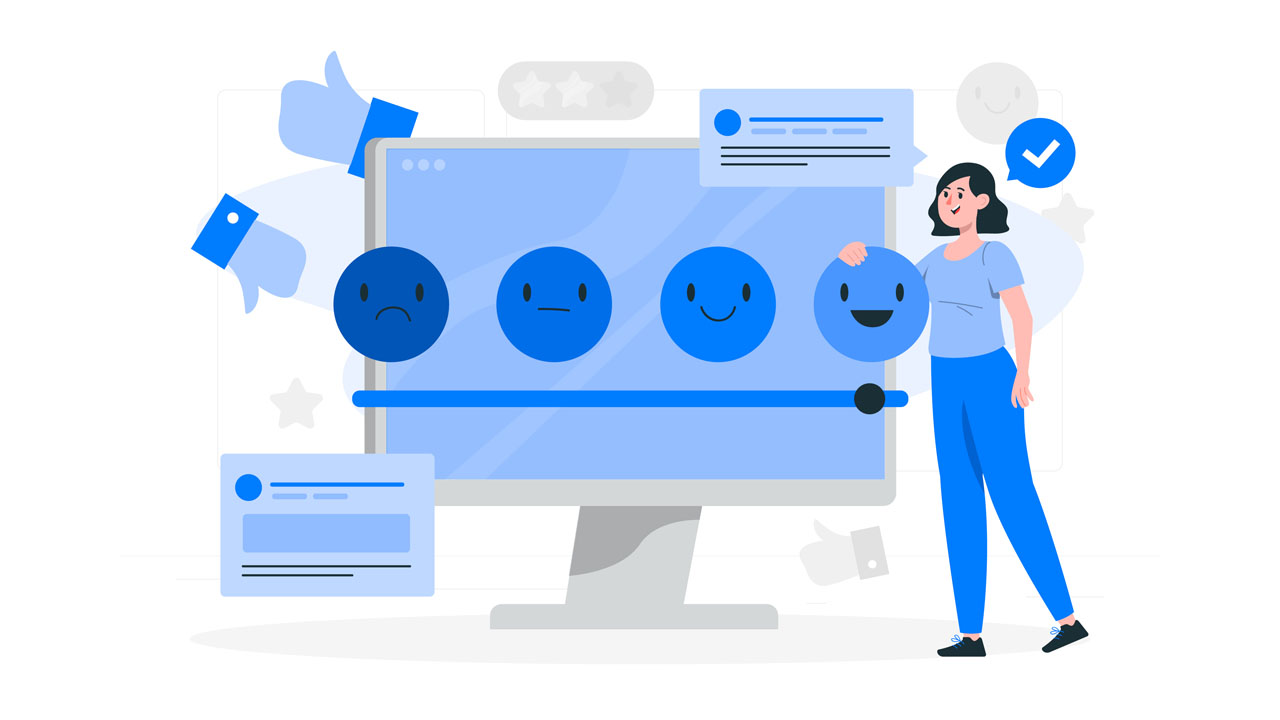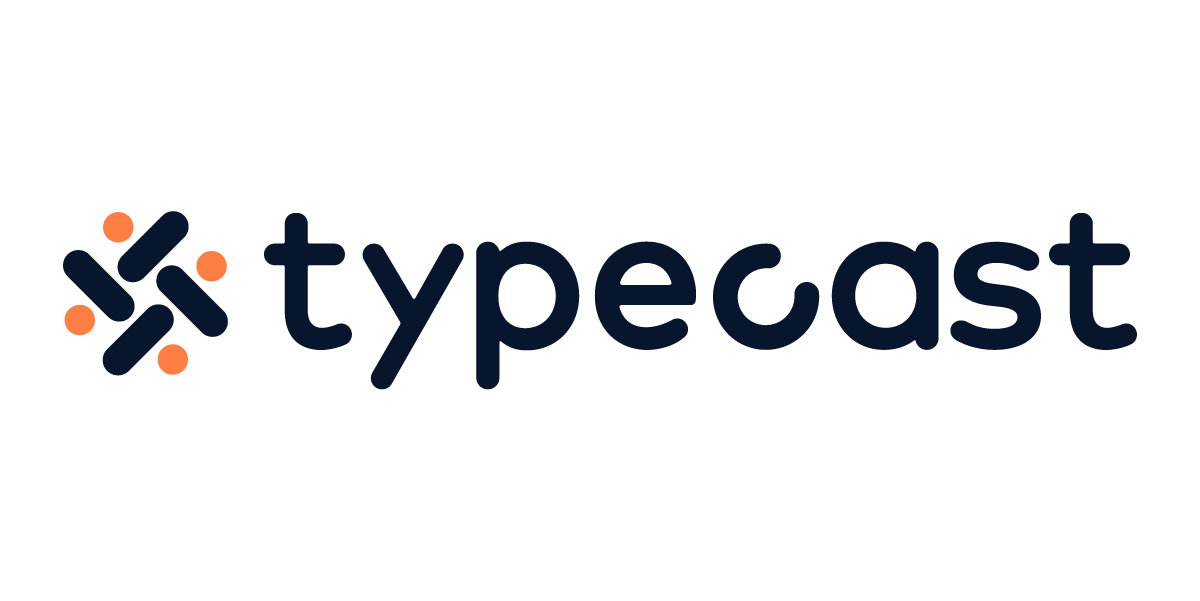Artificial Intelligence in filmmaking may sound like a far-fetched idea, but we are gradually moving toward AI movies. Films like ‘The Irishman’ and ‘Avengers: Endgame’ demonstrate that modern filmmakers utilize machine learning, AI, and other advanced technologies. In addition, they aim to create visually stunning effects with modern technologies.
In a world where speed is of the essence, integrating artificial intelligence into film production can help elevate the movie-making process with faster output at more significant revenue generation potential. Additionally, technology generally streamlines tasks across all aspects of filmmaking, from writing scripts to animation renderings.
Generative AI has made huge leaps in progression over the years, with powerful AI voice generators and AI image generators. It doesn’t seem that long until AI will be able to produce quality cinema. This could reduce the costs in movie production, or maybe even give anyone without any technical capabilities the tools to produce their own movie.
According to Statista, the whole data creation will grow to more than 180 zettabytes globally by 2025. Artificial intelligence and machine learning will play the primary role in this growth. The stats reveal that AI is certainly making for an exciting future in the film industry. However, how will future generations handle this evolving technology?
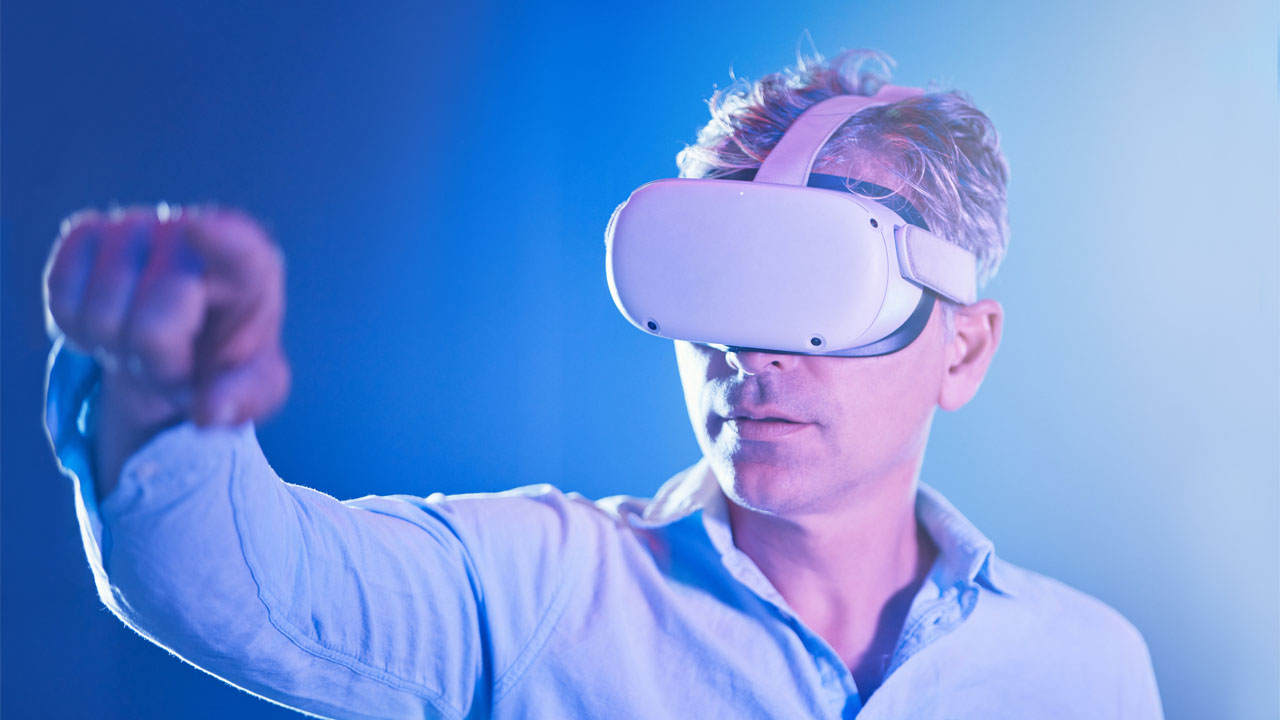
5 ways AI movies and deep learning Will shape the future of filmmaking
If you have been wondering along the same lines, this article lists how AI will impact our movies.
1. Customized content creation
Personalization in content creation is essential to keep up with the times and strengthen customer relationships. AI-driven technology enables filmmakers to understand the audience better and respond accordingly to their interests. They help collect valuable data, analyze it for crafting scripts, and deliver the desired product, all while staying compliant with regulations.
The data collected by AI makes the overall media marketing campaigns much more targeted than before. In addition, the AI models help filmmakers to carve a customized plan that appeals to their target viewers.
2. How text to audio tools create content and mimic human behavior in scripts
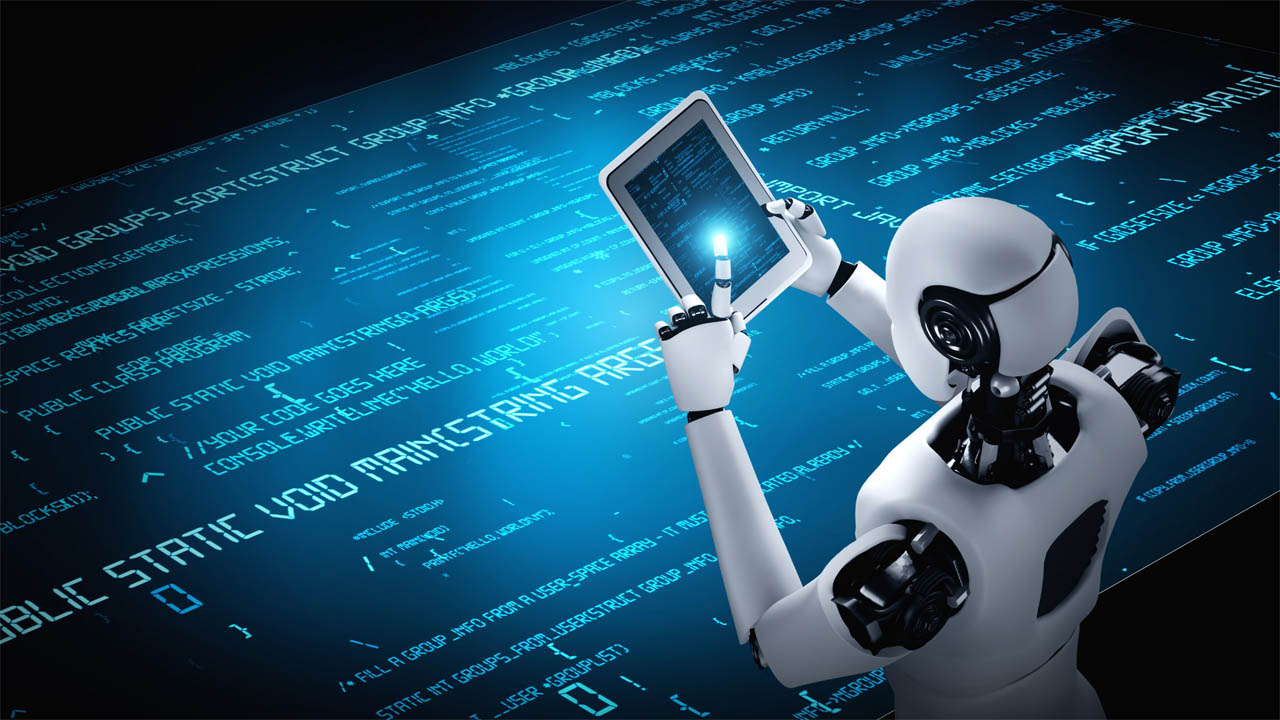
Artificial Intelligence (AI) has opened a new realm of content creation possibilities. For example, Natural Language Generation (NLG) tools, not to be confused with Natural Language Processing (NLP), allow machines to generate meaningful and informative texts. Furthermore, the new and evolving tools to convert text to audio pave the way for filmmakers to produce content more efficiently than before.
Today, renowned media outlets such as The New York Times and Reuters use NLG tools like QuillBot, Amazon Polly, and more for tasks that include product descriptions, news articles, or even poetry writing. Renowned businesses are only doing what everyone else is doing, and that is cooperating with NLG tools to develop beneficial partnerships that can sustain a more efficient workforce over time.
With technological advancements, computers are used more often than before to write movie scripts as acceptance of the technology continues to grow. By leveraging machine learning algorithms and artificial intelligence systems, exciting new stories can be created from existing materials or come up with synopses for pre-existing films.
Think of ChatGPT, copy.ai, and their explosive growth since 2022; will more language models like these keep appearing? How sophisticated will they get from here? Will a content writer use this type of technology regularly? How many tens of thousands of scripts will be written with AI?
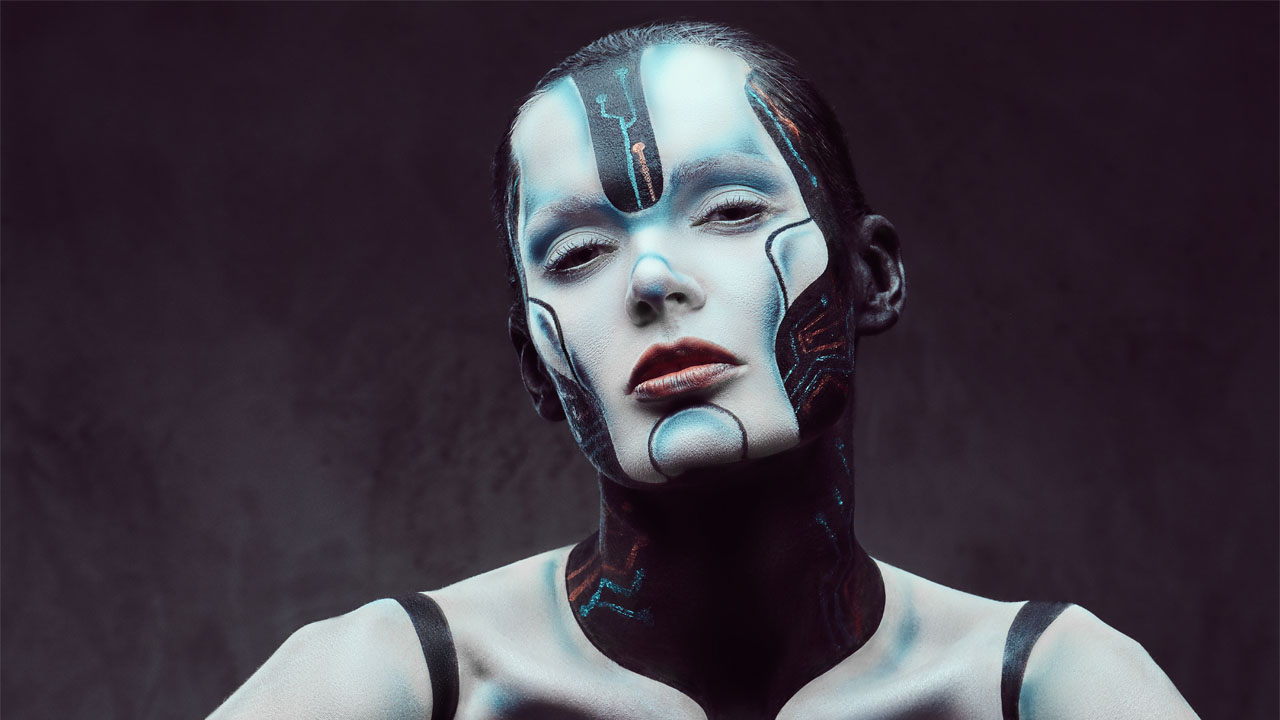
The remarkable creation of AI scripts has revolutionized how creators make their content. These sophisticated language modes are trained or “fed” data, such as movies, scripts, or books, which create unique material that would otherwise not exist. As these automated software processes take over mundane text-related jobs – who knows just how far AI can go and how it will change the film industry?
3. Casting with computer voice tools and other AI assets
AI is revolutionizing the entertainment world, allowing actors to connect digitally with movies and breaking down death barriers.
Through AI-enhanced facial feature analysis related to various emotions, detailed data points, with the help of sophisticated software, can create a digital overlay onto body doubles for realistic performance delivery. Moreover, the software does so without sacrificing any natural expressions from the actor. Meanwhile, computer voice software mimics the deceased actor, making it realistic for the viewers.

This same tech can be applied when constructing digital characters or de-aging long-time screen veterans like Robert DeNiro. There is no longer a need to cast multiple actors playing one role at different life stages as their character’s recognizable identity remains preserved through many years on camera.
4. AI is Good for a Social Media Post and Movie Promotions
Promoting a film has become increasingly important over the past few years, as its success is generally tied to how well studios carry out their marketing campaigns. Thankfully, AI can come in handy for movie promotion and creating original content.
Using an AI algorithm to analyze viewer trends and the hype surrounding the film and its actors’ fandom worldwide, AI can suggest special screenings or promotional events for fans in specific locations to create more interest in the movie.
Similarly, AI can tailor advertisements to different target audiences based on their preferences from data collected from social media sites like Instagram, Twitter, or Facebook. For example, someone who follows a particular actress on social media may receive customized ads or computer voice notifications about a new movie featuring that actress.

In this way, AI has provided filmmakers invaluable insight into considering more effective strategies for marketing movies and ensuring box office success. For example, how would you feel about a film if your favorite actor or actress told you about it in a personalized marketing message you came across while surfing your favorite social app?
5. Movie editing
With the rise of technology, AI is increasingly used to create successful film trailers. IBM Watson, for example, was implemented to make the trailer for Morgan, an AI/Horror thriller. They designed a teaser to pique their audiences’ interest and increase box office success.
Using AI enables a deep understanding of elements such as action fields and emotions in film clips, allowing editors to highlight the most meaningful scenes for their movie trailers. For example, Watson’s machine learning techniques analyzed hundreds of horror or thriller trailers to understand how they work.
After learning what makes a movie scary, the AI suggested some of the best moments from the trailer, which the IBM filmmaker edited together.
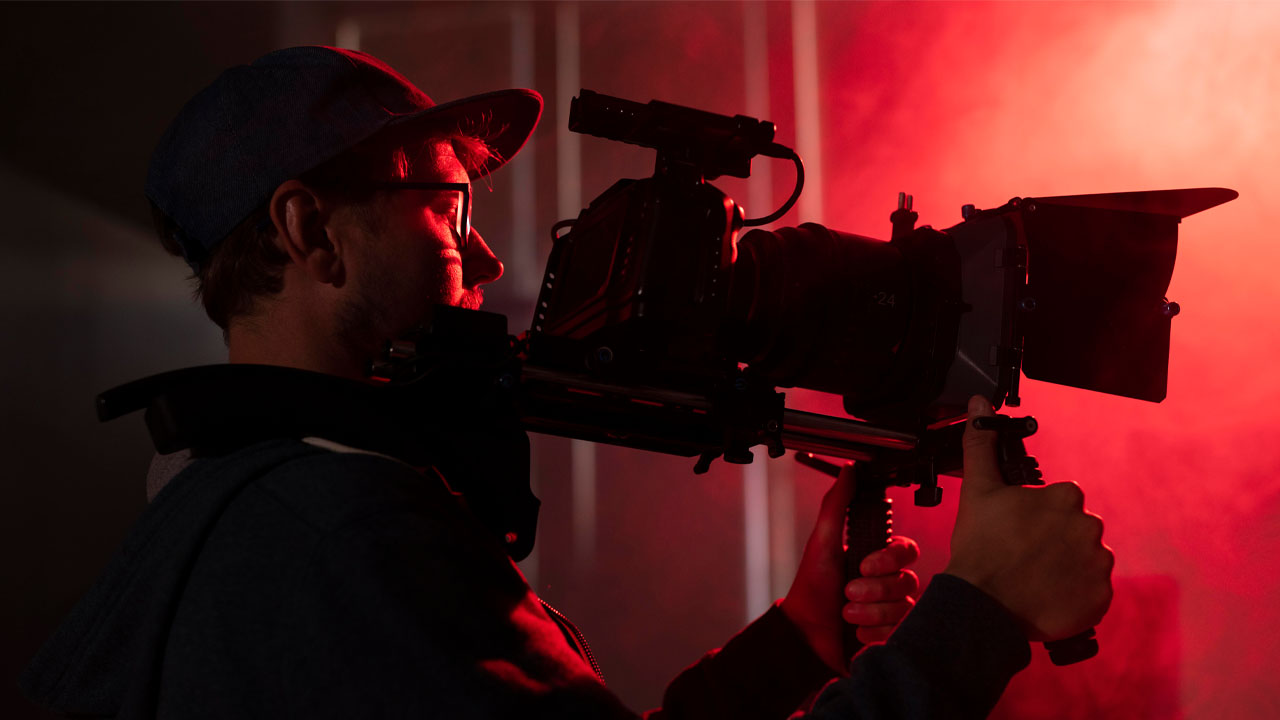
AI movies also integrate facial recognition technology to recognize the main characters in feature films. Consequently, AI entities like Watson can link or discard film scenes from videos depending on how well they fit into the story. These features reveal that AI tools are invaluable in creating an efficient workflow when editing feature films, and when given a task, they can accomplish it with startling results.
The future of AI movies
In 2016, Sci-Fi London’s 48-hour film competition saw something completely new – AI generated content in filmmaking; this was a short movie by Oscar Sharp.
‘Sunspring’ was written and produced by a neural network trained on hundreds of classic sci-fi films over two days; furthermore, it was taught how to meet the contest guidelines. Fast forward another two years, and Lexus had their daring venture into machine creation with Kevin Macdonald directing an entire one-minute ad. Finally, after 15 years of training in luxury advertising, the AI entity penned the whole piece.
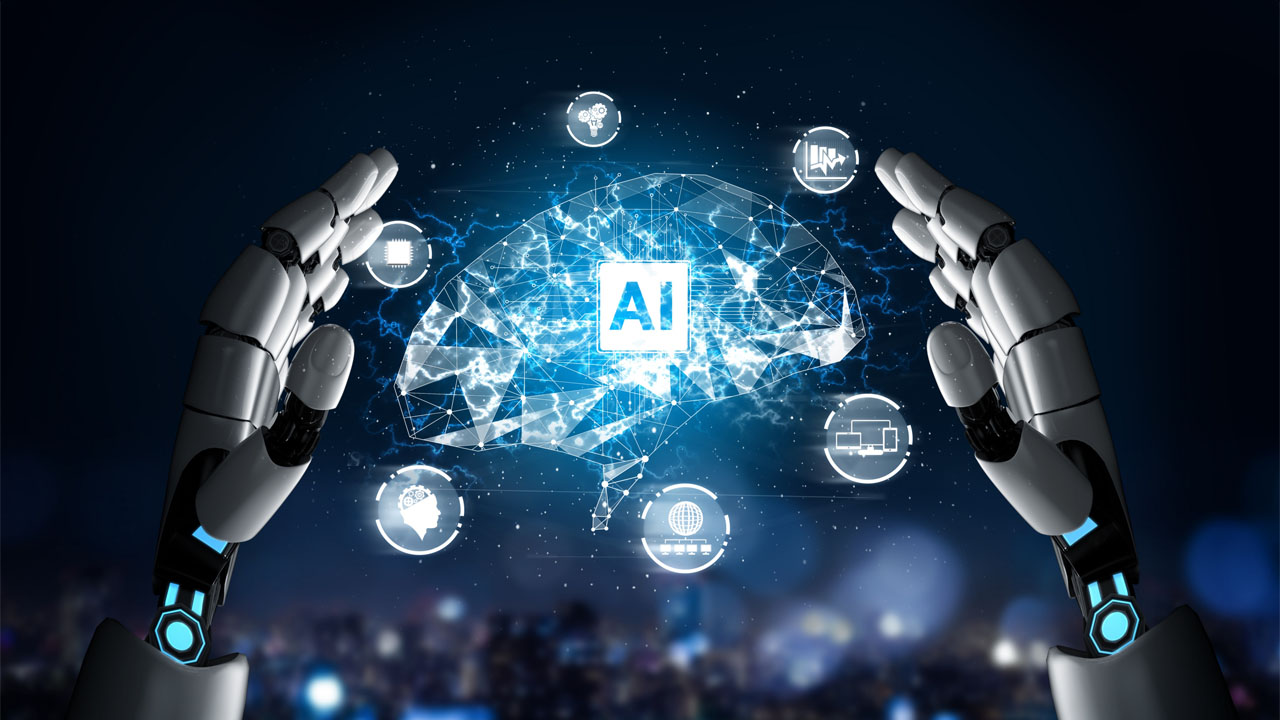
Are human beings the only ones who can create movies?
Through the masterfully crafted Disney-Pixar film Soul, we are reminded of how vital it is to keep our innate human spirit alive when creating art. Music plays a crucial role in this story and is the perfect example for us to reflect on: what would we lose if robots were allowed to take over composing?
We know that seeing an artist’s work coming together leads audiences to a magical experience. Likewise, there is something about seeing creativity come from nothing that inspires anyone who witnesses it. But could artificial intelligence ever match such creative power or even surpass it? Would we want it to exceed our creative abilities?
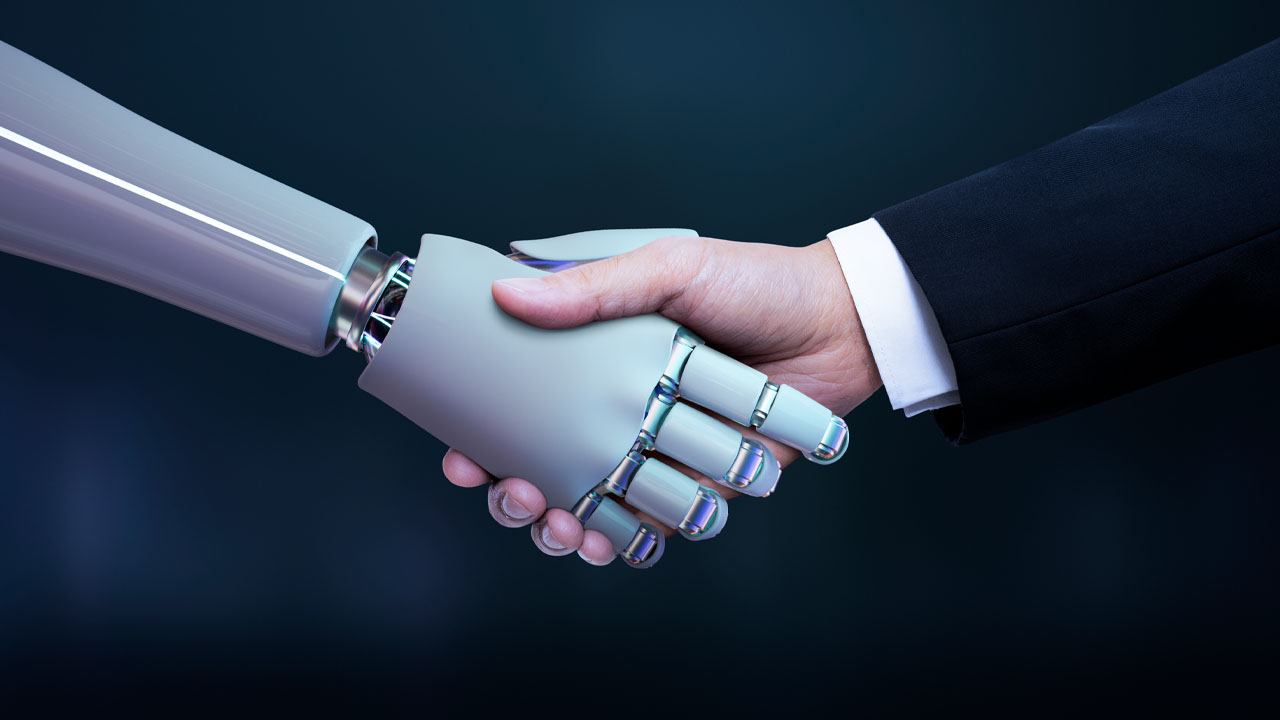
AI programs have created complete scripts, but can they genuinely construct fine art without human intervention? Such questions remain unanswered for now, yet one thing remains certain – without humanity lending its guiding hand towards creativity, any notion of real ‘art’ may soon become void forever.
AI won’t produce our movies now or even five years into the future, but who’s to say that using machines won’t lead to an entirely new film industry penned by NLG and machine learning tools?


